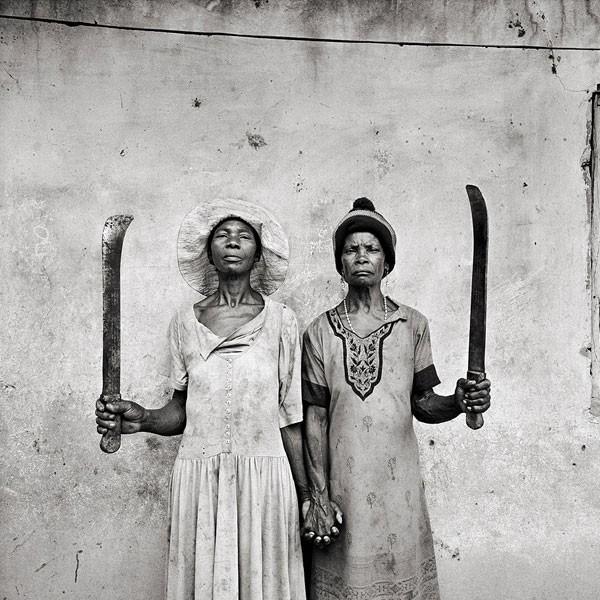Lock down again!!

The threat of the reemergence of COVID-19 in Trinidad Tobago is a very concerning issue. Despite the relatively low number of cases compared to other countries in the Caribbean, recent trends show the virus is once again on the rise. While the virus is still in its initial stage of spread, many find it difficult to be optimistic with the carnival season now in full swing.
There is need for much caution and vigilance. The increase in COVID cases may very well rise if government guidelines are not implemented sooner rather than later. This lack of travel restrictions may also impact the size of the “street crowds” and the number of attendees participating. It is highly likely that the carnival season will increase the spread of the virus because of the massive crowds and people congregating. These increases in cases would be attributed to the failure of the population to adhere to health protocols such as physical distancing and wearing of masks especially during the start of the carnival season. Usually, during the holiday season, it’s expected to have upwards of 20 family members and friends visit in one space at any given time making contact and spreading the virus unawares.
In addition to the spread, across the Asian continent, the virus is on a trajectory to cripple economies a second time. Last year the pandemic added another layer of complexity to the already unstable agricultural sector. Measures to contain the unfolding crisis have tremendously disrupted the food systems by threatening the production, distribution, and marketing of commodities which exposed the frailty of Trinidad’s food security. Trinidad’s economy is highly dependent on food imports and relies on international markets to secure food. The island is also dependent on agricultural exports and has a large portion of the population involved in agriculture, making the island particularly vulnerable to the rigors of the pandemic. Export restrictions on foodstuff and prohibitions due to lockdowns and border closures further exacerbated these challenges.
In order to prevent the further spread of the virus, the medical and scientific authorities should be urging people to adhere to the rules of social distancing and avoid large crowds to get ahead of the spread. They need to recommend face masks when outdoors, especially when partying in public spaces. It is also important for partygoers to practise good hygiene and regularly wash your hands, and avoid sharing drinks, and other personal toiletries. In addition, responsible individuals should stay home when feeling sick and avoid unnecessary contact with others.
Although in recent weeks, the government has also stepped up its efforts in providing testing and contact tracing services to identify and contain the virus, it is not enough to prevent another nationwide shut down, one in which the island cannot afford right now.
Government and non-government organizations should assist in spreading awareness and deliver essential items to those who will be the first point of contact at points of entry. For example, first responders, airport and customs personnel, hospitality staff, medical community and their families, should be prioritized and equipped with all the necessary tools to protect themselves and others.
With our porous borders exacerbating the problem we really need to accelerate our response if we are to beat this mutation. Even the adequately vaccinated are not immune to the new spread of the virus and should be increasingly cautious because they would not be spared. “Trinbagonians better jump up safe than jump up with Mr. Virus”…
If a large majority of European countries and the United States are struggling to figure out how, or if, they can help mitigate a crisis they fear will hurt their economy, why aren’t we in Trinbago thinking of the looming crisis and planning to diminish the spread? We really should be preparing our healthcare system, sharing data collection, and openly communicating with all major players if we are to battle this mass coronavirus infection heading our way. So far, many of those elements appear to be lacking at home in preparation for the carnival season.
It’s time to step it up! Like Machel Montano says, “Never Again”
Subrina Hall-Azih is a Trinidadian educator residing in New York.






